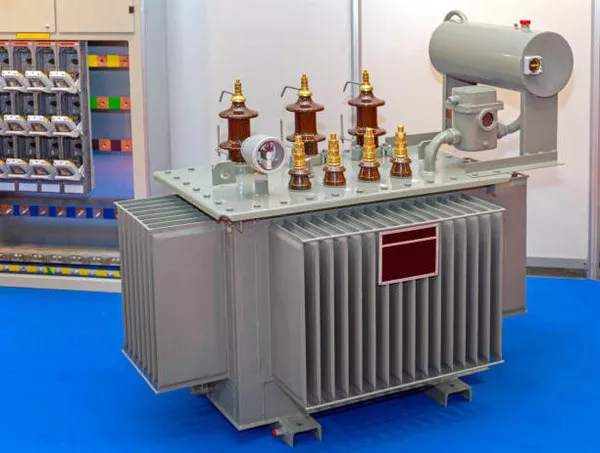Generators play a critical role in providing power during emergencies or in off-grid settings. Understanding their fuel efficiency is paramount for users seeking to maximize their utility and minimize costs. One key metric for assessing efficiency is how long a generator can run on a gallon of gas. In this article, we delve into the factors affecting this metric, strategies for optimizing fuel consumption, and the importance of selecting the right generator for your needs.
Factors Affecting Generator Fuel Consumption:
Generator Type and Size:
Generators come in various types and sizes, each with its own fuel consumption characteristics. Portable generators, typically smaller in size, tend to consume less fuel compared to larger standby or industrial generators. Additionally, inverter generators are known for their fuel efficiency due to their ability to adjust engine speed based on the power demand, conserving fuel during periods of low usage.
Load Demand:
The load demand placed on the generator significantly influences fuel consumption. Running a generator at full capacity will deplete fuel much faster compared to operating it at a partial load. It’s essential to assess your power needs accurately to match the generator’s capacity accordingly, thus optimizing fuel usage.
Engine Efficiency:
The efficiency of the generator’s engine plays a crucial role in determining fuel consumption. Modern generators often come equipped with advanced engine technologies, such as electronic fuel injection and variable speed control, which enhance efficiency by delivering precise amounts of fuel based on demand. Regular maintenance, including tuning and cleaning, also contributes to optimal engine performance and fuel efficiency.
Fuel Type and Quality:
The type and quality of fuel used can affect the generator’s efficiency and longevity. While gasoline is the most common fuel for portable generators, diesel or propane may be preferred for larger models due to their better fuel efficiency and longer shelf life. Using clean, high-quality fuel free from contaminants ensures optimal combustion and minimizes engine wear, thereby maximizing fuel efficiency.
Optimizing Fuel Consumption:
Right-Sizing the Generator:
Selecting a generator with an appropriate capacity for your needs is paramount to minimizing fuel consumption. Oversized generators not only incur higher upfront costs but also tend to consume more fuel when operating at partial loads. Conducting a thorough assessment of your power requirements and investing in a generator with the right capacity can lead to significant fuel savings over time.
Load Management:
Efficient load management is essential for optimizing fuel consumption. Instead of running multiple appliances simultaneously, stagger their usage to distribute the load evenly across the generator’s capacity. Additionally, consider investing in energy-efficient appliances and devices to reduce overall power demand, further extending the runtime on a gallon of gas.
Regular Maintenance:
Proper maintenance is key to ensuring the longevity and efficiency of your generator. Regularly inspect and clean the air filter, spark plug, and fuel system to prevent clogs and improve combustion efficiency. Schedule professional tune-ups as recommended by the manufacturer to address any underlying issues and keep the generator running at peak performance.
Fuel Storage and Handling: Proper fuel storage and handling practices are crucial for maintaining fuel quality and maximizing efficiency. Store fuel in clean, airtight containers away from direct sunlight and moisture to prevent degradation. Use fuel stabilizers to prolong shelf life and minimize the formation of deposits that can clog the generator’s fuel system.
Consider Alternative Fuel Sources:
Depending on your needs and preferences, explore alternative fuel options that offer better efficiency and environmental benefits. Propane and natural gas, for instance, are cleaner-burning fuels compared to gasoline or diesel and can often result in lower fuel consumption and reduced emissions over time.
Importance of Choosing the Right Generator:
Selecting the right generator for your specific needs is essential for achieving optimal fuel efficiency and performance. Consider factors such as power output, fuel type, runtime, and noise levels when evaluating different generator options. Investing in a high-quality generator that aligns with your requirements and usage patterns will not only maximize fuel efficiency but also provide reliable power during emergencies or off-grid scenarios.
SEE ALSO Indoor Generators: Safety, Types, and Applications
Conclusion:
Maximizing the runtime of a generator on a gallon of gas involves a combination of factors, including generator type and size, load demand, engine efficiency, and fuel quality. By adopting strategies such as right-sizing the generator, efficient load management, regular maintenance, and proper fuel storage, users can optimize fuel consumption and extend the generator’s runtime, ensuring reliable power when it’s needed most. Additionally, selecting the right generator for your specific needs is paramount for achieving optimal fuel efficiency and performance, underscoring the importance of careful consideration and informed decision-making in generator selection.

